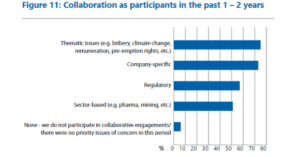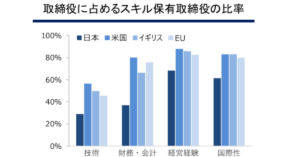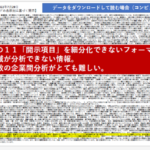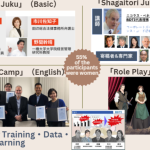
Here is an example of the sort of thing that can happen at mid-size companies in Japan. Let’s say that at the time when you join the company as an outside director, the son of the founder is the CEO. The son is an engineer by training, but when his father became too old to lead the company, the son took his place. The son is the nicest, most gentle man in the world, but he does not have enough management experience or the character to serve as a decisive leader at a time of disruptive technological change. It is clear to you that that he will have to step down, and the board will have to find someone from the outside who has more managerial experience and decisiveness.
At that point, your self-appointed job becomes “finding a soft, smooth way to persuade the CEO to step down”.








